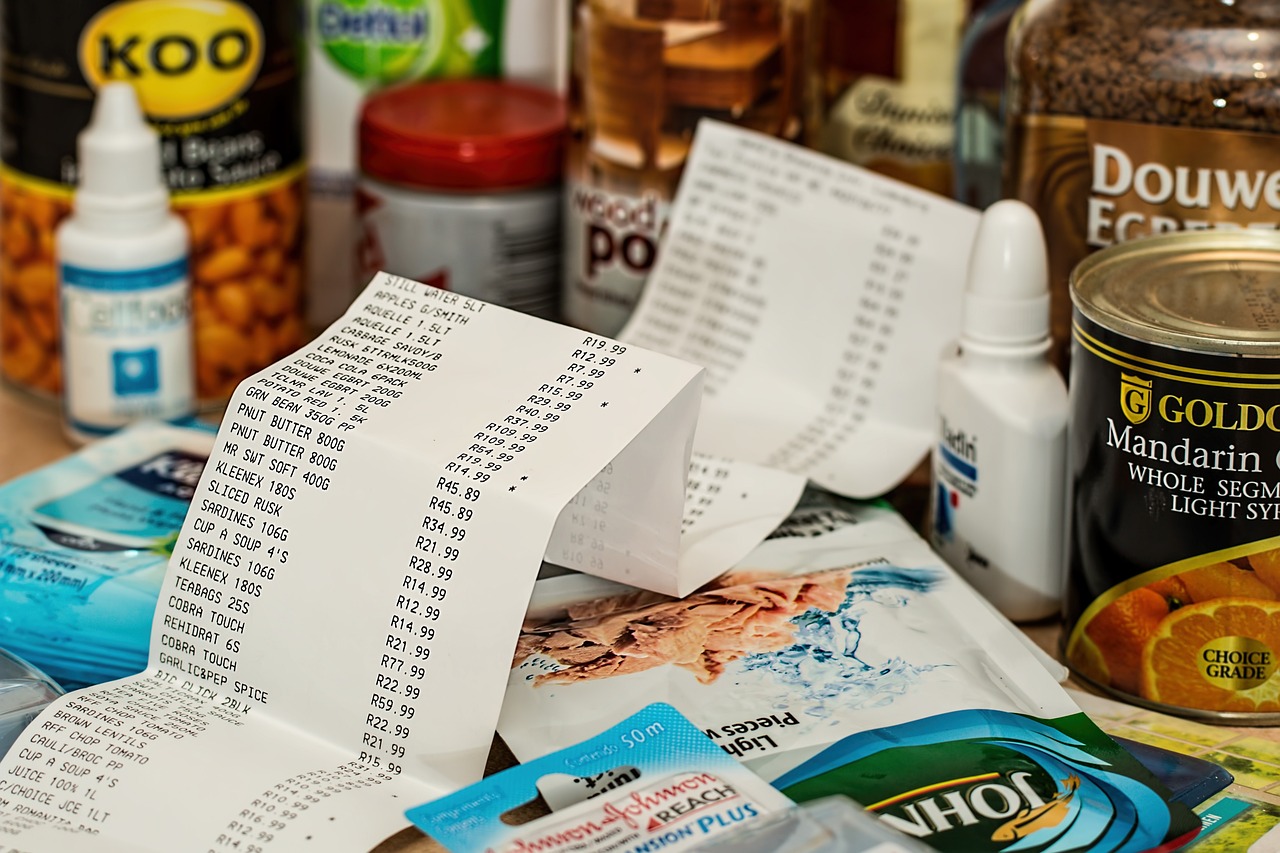The Importance of Food Safety Auditing and Compliance
Food safety auditing plays a crucial role in ensuring that food products are safe for consumption. Through regular audits, food companies can identify potential hazards in their production processes and take necessary corrective actions. By adhering to strict auditing standards, companies can mitigate the risks associated with contamination and ensure that food products meet the required safety standards.
In addition, food safety auditing helps to build consumer trust and confidence in the products offered by food companies. Consumers are becoming increasingly conscious about the safety and quality of the food they consume, and a robust auditing system demonstrates a company’s commitment to delivering safe and reliable products. By investing in food safety auditing, companies can protect their brand reputation and maintain a competitive edge in the market.
The Role of Compliance in Ensuring Food Safety
Compliance plays a crucial role in upholding the highest standards of food safety within the food industry. It serves as a vital mechanism to ensure that all regulations and requirements set by governing bodies are met consistently. By adhering to compliance measures, organizations can streamline their processes, minimize risks of contamination, and safeguard the health of consumers who trust in the safety of the products they consume.
Furthermore, compliance frameworks provide a structured approach for businesses to monitor and evaluate their operations, from sourcing ingredients to production and distribution. This comprehensive oversight helps in identifying potential areas of improvement and implementing corrective actions promptly to mitigate any potential risks to food safety. Ultimately, a culture of compliance fosters accountability and transparency, instilling confidence in consumers and regulatory bodies alike that food safety is a top priority for all stakeholders involved in the food supply chain.
What is the importance of food safety auditing?
Food safety auditing is necessary to ensure that food products are safe for consumption by identifying and addressing potential hazards in the production process.
How does compliance play a role in ensuring food safety?
Compliance with food safety regulations and standards is essential for maintaining the quality and safety of food products. It helps to prevent contamination, reduce the risk of foodborne illnesses, and protect consumer health.
What are some common compliance requirements for food safety?
Some common compliance requirements for food safety include maintaining proper hygiene practices, following safe food handling procedures, implementing Hazard Analysis and Critical Control Points (HACCP), and conducting regular food safety audits.
How can businesses ensure compliance with food safety regulations?
Businesses can ensure compliance with food safety regulations by developing and implementing food safety management systems, providing ongoing training for employees, conducting regular inspections and audits, and staying informed about changes in food safety laws and regulations.
What are the consequences of non-compliance with food safety regulations?
Non-compliance with food safety regulations can result in fines, legal action, damage to a company’s reputation, and most importantly, harm to consumers. It is crucial for businesses to prioritize food safety compliance to protect both their customers and their brand.







